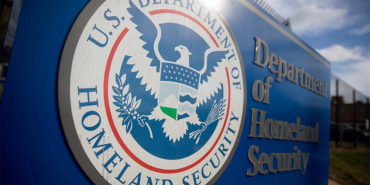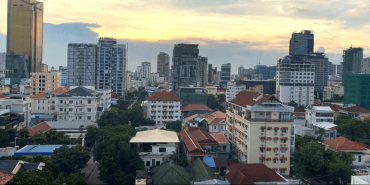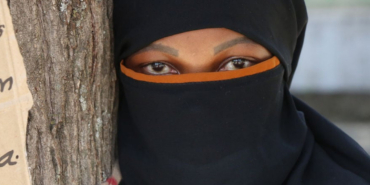Efforts to Repatriate Kenyan Victims of Sharjah Fire Face High Costs, Complexities

The aftermath of a devastating fire that engulfed a high-rise apartment building in Sharjah on April 13 has left Kenyan families in mourning, as efforts to repatriate the remains of three Kenyan victims are underway.
The blaze, which claimed at least 16 lives and injured nine others, has brought into sharp focus the challenges faced by Kenyan expatriates in the UAE. Former Nairobi Governor Mike Sonko has taken the lead in coordinating the repatriation process. According to an email shared by Sonko from a Dubai-based airline manager, the estimated cost to transport each body back to Kenya is approximately Ksh200,000. The airline has quoted a discounted humanitarian rate of AED 37.45 per kilogram (Ksh1,322), with additional handling charges from the Dubai National Air Travel Agency (DNATA) amounting to AED 1,000 (Ksh35,295) per shipment.
Sonko has indicated his intention to negotiate for a lower price and assures the public of updates as he liaises with UAE authorities and the Kenyan Embassy. The repatriation process requires official approval from Kenyan authorities. The airline has stipulated that mandatory documents, including the deceased’s passport, death certificate, police clearance, embalming certificate, and an embassy or consulate certificate, must be submitted in multiple copies.
Diaspora Affairs Principal Secretary Roseline Njogu confirmed that three Kenyans were among the five identified casualties of the fire, which broke out in a 52-story building housing numerous expatriates. She extended condolences to the bereaved families and assured them of the government’s support during this challenging time. Amidst the repatriation efforts, the family of Benjamin Kioko, a 23-year-old Kenyan who perished in the fire, is seeking answers.
Kioko had travelled to Dubai in search of better job opportunities but was abandoned by an employment agent, leading him to work as a casual labourer until his untimely death. His family, residing in Kitengela, Kajiado County, has expressed frustration over the lack of official communication from Kenyan authorities. They learned of his death through friends and social media rather than formal government channels. Despite attempts to reach the Kenyan Embassy through their local Member of Parliament, they have received no response.
The fire, which erupted on the 44th floor of the building, started at approximately 11:31 a.m. on April 13. Sharjah Police have withheld the names of the deceased pending the completion of investigations into the cause of the blaze. Authorities have yet to disclose details regarding the origin of the inferno, though an autopsy report is expected to provide further insights. The building housed around 1,500 residents.
The tragedy has highlighted the vulnerabilities faced by Kenyan expatriates working abroad, many of whom travel in pursuit of economic opportunities but often encounter difficulties, including exploitative labour conditions and inadequate support from diplomatic missions. The incident has sparked calls for improved government intervention in safeguarding the welfare of Kenyans living overseas. Advocates argue that authorities must establish more efficient communication channels and provide timely assistance to affected families in times of crisis.














Add new comment